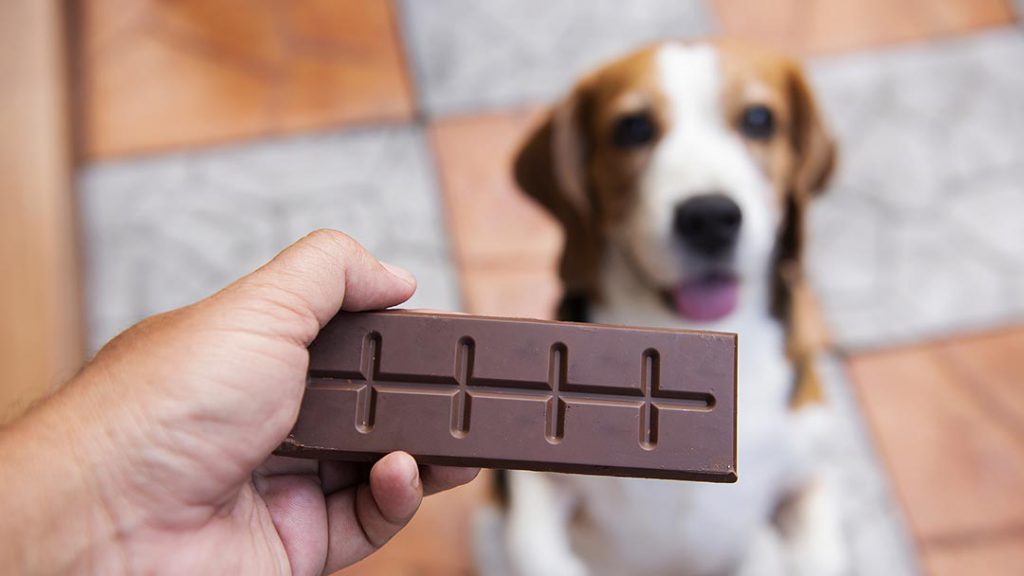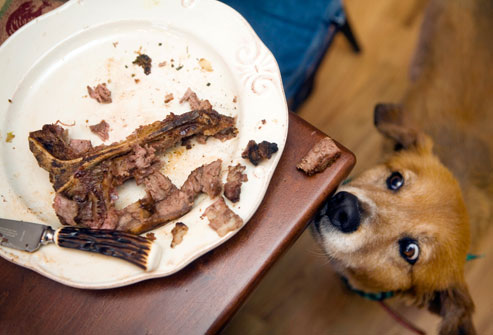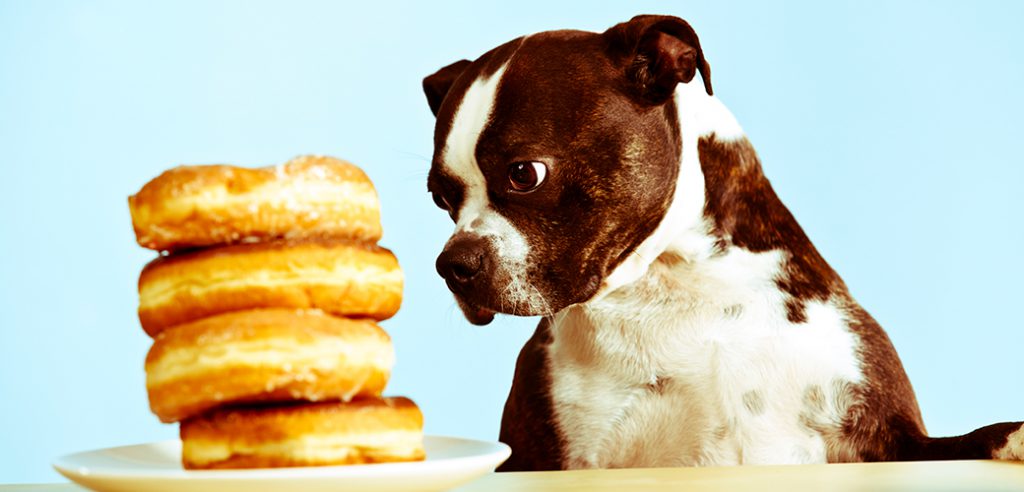10 Foods That Your Dog Should Never, Ever Eat

10 Foods That Your Dog Should Never, Ever Eat
We all want our canine friends to live long and healthy lives. We would do anything to ensure they are happy and healthy, and that includes understanding exactly what they can, and more importantly, cannot eat.
The dangers of dogs consuming a lot of these foods are commonly known, but there are some that may come as a surprise.
Here is a list of foods that you should never feed your dog.

Chocolate
Chocolate is one of the first things we think of when it comes to foods that are bad for dogs. Chocolate contains toxic substances called methylxanthines, which are stimulants that stop a dog’s metabolic process. Even just a little bit of chocolate, especially dark chocolate, can cause diarrhea and vomiting. A large amount can cause seizures, irregular heart function, and even death. Contact your vet immediately if your dog consumes chocolate.
Macadamia nuts
Macadamia nut consumption in dogs is connected to many health issues and can even be fatal. Symptoms include paralysis, vomiting, elevated heart rate, and fever. Vets are not sure exactly what ingredient is in the macadamia nut that causes toxicity, but the signs are clear — keep them away from your pooch. As few as six nuts can make dogs ill.
Other nuts are fine, but watch out for nuts that block the esophagus or even tear the windpipe if not chewed completely. Avoid giving your pet too much salt, also.
Dairy Products
Surprisingly, a lot of dogs are lactose intolerant and, while your pup might be one of the lucky ones, there is only one stinky, messy, painful way to find out. Lactose intolerant dogs can experience acute intestinal distress including gas, diarrhea, or vomiting whenever they consume dairy products like milk, cheese, yoghurt, and ice cream. Best leave dairy products out of reach for your animal.
Onion and Garlic
All types of onion products, powdered, raw, cooked, or dehydrated, can destroy a dog’s red blood cells, leading to anemia. A little bit of onion is not so risky but eating a large quantity just once or eating smaller amounts regularly can be dangerous. Symptoms of anemia include weakness, vomiting, little interest in food, dullness, and breathlessness.

Cooked Bones
As much as we love giving our pets the bones from the lamb roast, cooked bones should never be given to dogs. Why? Because they are brittle and can break into shards as the dog chews them, causing splinters to lodge in the dog’s throat, stomach and intestines. Chicken, pork, and fish bones are especially dangerous. Fresh, appropriately-sized raw bones are best for your pet, and please keep an eye on them while they enjoy it.
Fruit
This might come as a surprise to some, but dogs shouldn’t eat a lot of fruit! The seeds in stone fruits like cherries, apricots, peaches and plums contain cyanide and are choking and digestive hazard for our pups. Apple seeds contain cyanide, too. Grapes and raisins are a real issue and should be avoided at all costs. Although it isn’t clear why, when ingested (even in small amounts) they can cause sudden, acute kidney failure and a lack of urine output. Not all dogs will be affected by the eating of one grape or raisin, but don’t take the chance!
Avocados are also off the menu as they contain a toxin called persin, which is considered poisonous for dogs.
Yeast Dough
Not sure who is feeding their pets raw yeast dough, but the warning is clear: if ingested by your canine, it will continue to rise in its belly. This can cause severe bloating, stomach pain and can even block off your pet’s stomach. Yeast will also convert into alcohol in your pet’s gut, which can lead to ethanol poisoning.
Alcohol, Coffee, and Tea
This one should go without saying but do not give your dog caffeinated or alcoholic drinks. Dogs cannot tolerate caffeine and the ingestion of coffee grounds or tea bags can lead to toxicity in your animal. This can present itself as hyperactivity, restlessness, elevated heart rate, elevated body temperature, seizures, and even death.
The main ingredients in some alcohol are grapes and hops, which are both toxic to dogs. In addition, the dog’s body is not built to break down alcohol of any kind. Giving your dog this “hard” beverage can lead to ethanol toxicosis which can damage your pet’s central nervous system and cells, as well as slowing your pet’s heart rate, and even causing a heart attack.

Lollies, Mouthwash, Toothpaste, Baked Goods, and Chewing Gum
The artificial sweetener xylitol is toxic for dogs and can be found in many everyday products. It can cause more insulin to circulate through your dog’s body which causes his blood sugar to drop and can also cause liver failure. Symptoms of xylitol poisoning include vomiting, lethargy, loss of coordination, and seizures. Liver failure can occur within just a few days.
Human Medications
Many drugs can be deadly to animals and you may not have time to react before it becomes fatal. Reaction to a drug prescribed for humans is the most common cause of poisoning in dogs. Acetaminophen or Ibuprofen found in pain relievers and cold medicine can be deadly for your dog. Do not give your dog medications made for human use, ever.
If you are concerned that your animal has consumed any of these products, please don’t hesitate to reach out to your friendly vet and be honest with your answers. Their only concern is with the immediate health of your pet.













